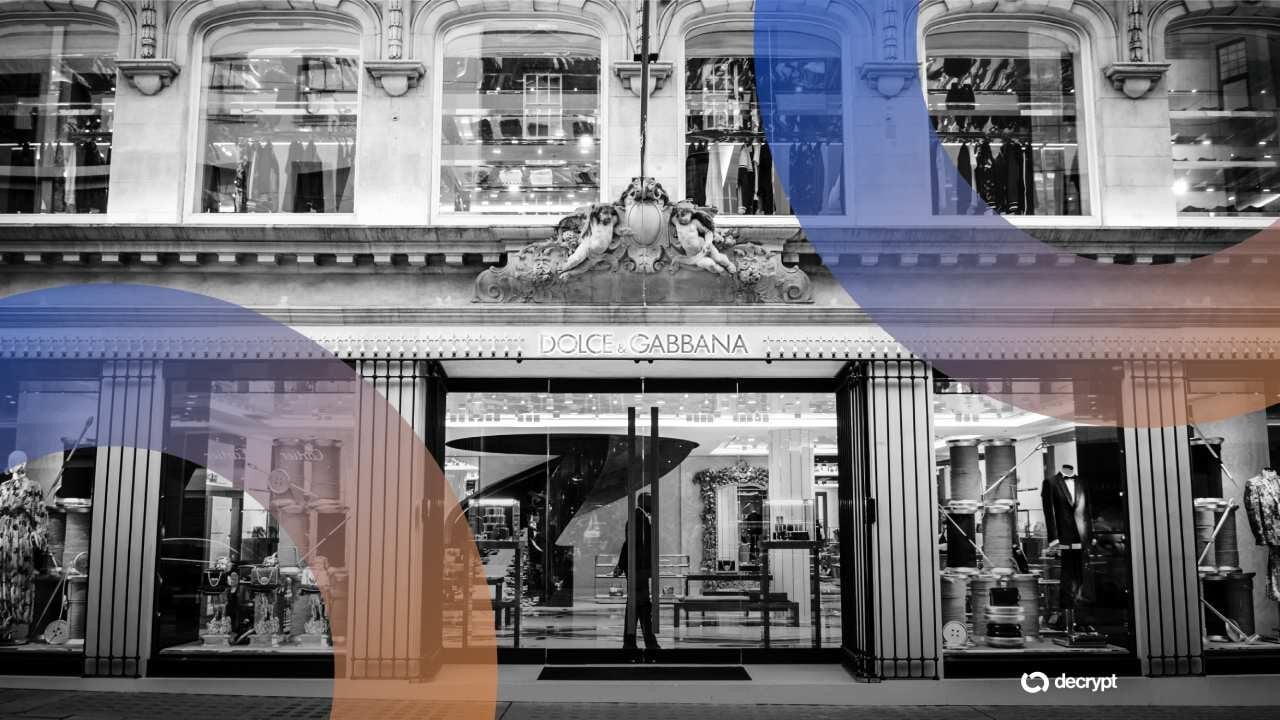Dolce & Gabbana NFT Lawsuit Dismissed: Judge Delivers Blow to Digital Collectors

A New York judge just handed luxury giant Dolce & Gabbana a major win—throwing out a high-profile lawsuit over their controversial NFT collection. Here’s why it matters.
### The Ruling That Shook Web3
No damages. No trial. Just a swift dismissal that’ll have NFT holders checking their wallets—and their legal strategies.
### Fashion’s Blockchain Gambit Pays Off
D&G’s lawyers outmaneuvered claims of misleading NFT buyers, proving even in crypto, the house usually wins. (Cue eye-rolls from decentralized finance purists.)
### What’s Next for Tokenized Luxury?
The case may be dead, but the precedent isn’t. Brands now have a playbook for dodging NFT lawsuits—while collectors are left holding the bag. Classic finance, but with JPEGs.
What was DGFamily?
The DGFamily project sold 5,000 NFT "boxes" for between 1.224 and 40 ETH, worth approximately $3,600 to $120,000 at launch, as per the lawsuit.
The lawsuit detailed a pattern of delays and failures, such as the first drop was "13 days after they had originally promised to release it.”
Even then, the digital outfits “were not even usable in Decentraland until 11 days later” because the defendants “had failed to get approval from DecentraLand's management before releasing said drops,” the filing said.
The lawsuit claimed the companies "are effectively the same company" because they shared key executives, office space, and business operations.
Judge Buchwald was particularly critical of the lawsuit's "group pleading" approach.
"The operative pleading refers to both D&G USA and D&G S.R.L. as 'Dolce & Gabbana' and attributes all misconduct to this shared moniker, without differentiating what each entity did," she wrote.
The judge also rejected Brown's attempt to amend the complaint again, noting that Brown had already been given one opportunity to fix the deficiencies after the defendants outlined their objections in pre-motion letters.
Regarding the alter ego claims, Buchwald wrote that the plaintiff "must allege facts to support its conclusions" rather than simply "parrot the factors enumerated in the veil-piercing case law."
What's next?
While Dolce & Gabbana USA was the only US-based defendant that could be easily served, the original lawsuit also named Dubai-based UNXD Inc. and Italy-based Bluebear Italia SRL as defendants.
However, the court noted these entities "were not served with the complaint."

